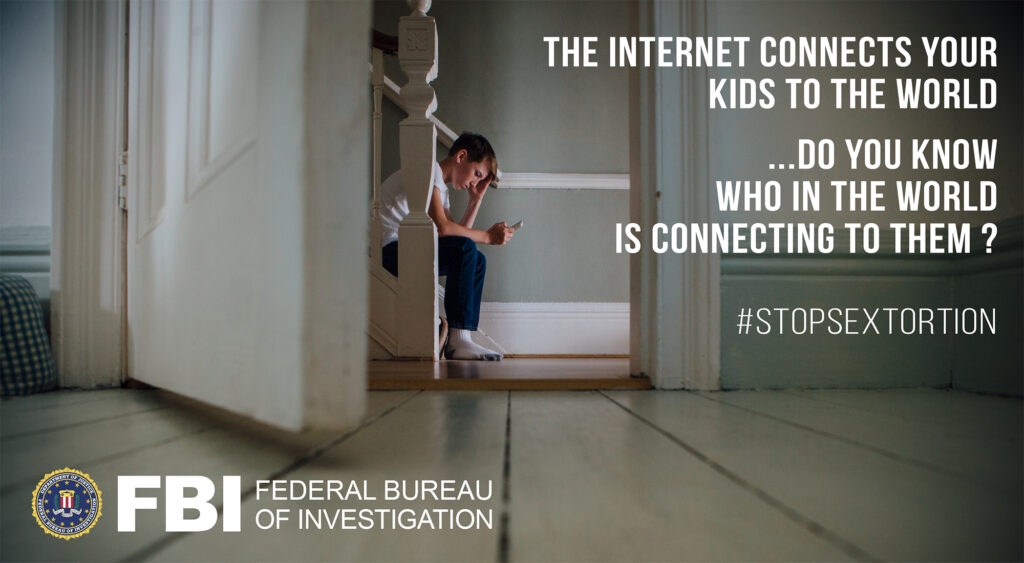
Drug Enforcement Administration Announces the Seizure of Over 379 Million Deadly Doses of Fentanyl in 2022
WASHINGTON – As 2022 comes to an end, the Drug Enforcement Administration is announcing the seizure of over 50.6 million fentanyl-laced, fake prescription pills and more than 10,000 pounds of fentanyl powder this calendar year. The DEA Laboratory estimates that these seizures represent more than 379 million potentially deadly doses of fentanyl.
Fentanyl is the deadliest drug threat facing this country. It is a highly addictive man-made opioid that is 50 times more potent than heroin. Just two milligrams of fentanyl, the small amount that fits on the tip of a pencil, is considered a potentially deadly dose.
“In the past year, the men and women of the DEA have relentlessly worked to seize over 379 million deadly doses of fentanyl from communities across the country,” said Administrator Anne Milgram. “These seizures – enough deadly doses of fentanyl to kill every American – reflect DEA’s unwavering commitment to protect Americans and save lives, by tenaciously pursuing those responsible for the trafficking of fentanyl across the United States. DEA’s top operational priority is to defeat the two Mexican drug cartels—the Sinaloa and Jalisco (CJNG) Cartels—that are primarily responsible for the fentanyl that is killing Americans today.”
Most of the fentanyl trafficked by the Sinaloa and CJNG Cartels is being mass-produced at secret factories in Mexico with chemicals sourced largely from China. In 2021, the DEA issued a Public Safety Alert on the widespread drug trafficking of fentanyl in the form of fentanyl-laced, fake prescription pills. These pills are made to look identical to real prescription medications—including OxyContin®, Percocet®, and Xanax®—but only contain filler and fentanyl, and are often deadly. Fake pills are readily found on social media. No pharmaceutical pill bought on social media is safe. The only safe medications are ones prescribed directly to you by a trusted medical professional and dispensed by a licensed pharmacist.
Just last month, DEA alerted the public to a sharp nationwide increase in the lethality of fentanyl-laced fake prescription pills. DEA laboratory testing in 2022 revealed that six out of ten fentanyl-laced, fake prescription pills contained a potentially lethal dose of fentanyl. This is an increase from DEA’s announcement in 2021 that four out of ten fentanyl-laced, fake prescription pills contain a potentially deadly dose.
In 2022, DEA seized more than double the amount of fentanyl-laced, fake prescription pills that it seized in 2021. DEA also seized nearly 131,000 pounds of methamphetamine, more than 4,300 pounds of heroin, and over 444,000 pounds of cocaine. DEA is now providing a regularly updated counter at http://www.dea.gov to track approximate amounts of fentanyl pills and fentanyl powder seized by DEA.
DEA has created a Faces of Fentanyl memorial to commemorate the lives lost from fentanyl poisoning. To submit a photo of a loved one lost to fentanyl, please send their name, age, and photograph to fentanylawareness@dea.gov, or post a photo and their name to social media using the hashtag #JustKNOW.
FBI in New Mexico warns of significant increase in sextortion reports

The FBI in New Mexico is warning parents and children about a significant increase in the number of sextortion reports during the past year.
From Jan. 1 to December 19, 2022, the FBI’s National Threat Operations Center (NTOC) received 168 e-tips or calls about possible sextortion cases in New Mexico.
During the same period in 2021, NTOC received 38 e-tips or calls for New Mexico.
Even though some tips might reference the same incidents, the increase is serious enough that the FBI wants to bring this crime to the public’s attention as schools let out for the holidays and children are expected to spend more time online.
This announcement comes on the heels of the FBI, in partnership with Homeland Security Investigations and the National Center for Missing and Exploited Children (NCMEC), issuing a national public safety alert regarding an explosion in sextortion incidents in which children and teens are coerced into sending explicit images online and extorted for money.
“The FBI and our partners have repeatedly sounded the alarm about the dangers of sextortion and the toll it takes on young victims,” Special Agent in Charge Raul Bujanda of the Albuquerque FBI Division said. “We hope this latest announcement gets everyone’s attention. We want to help the children who are targeted by these predators, and one of the best ways to do that is for victims as well as parents or guardians to report this crime. Do not be embarrassed. Help us so we can help you.”
Over the past year, law enforcement has received more than 7,000 reports related to the online financial sextortion of minors, resulting in at least 3,000 victims, primarily boys, and more than a dozen suicides.
A large percentage of these sextortion schemes originate outside of the United States, and primarily in West African countries such as Nigeria and Ivory Coast.
As many children enter winter break this holiday season, the FBI and our partners implore parents and caregivers to engage with their kids about financial sextortion schemes so we can prevent them in the first place.
“The FBI has seen a horrific increase in reports of financial sextortion schemes targeting minor boys—and the fact is that the many victims who are afraid to come forward are not even included in those numbers,” said FBI Director Christopher Wray. “The FBI is here for victims, but we also need parents and caregivers to work with us to prevent this crime before it happens and help children come forward if it does. Victims may feel like there is no way out—it is up to all of us to reassure them that they are not in trouble, there is hope, and they are not alone.”
Financial sextortion schemes occur in online environments where young people feel most comfortable—using common social media sites, gaming sites, or video chat applications that feel familiar and safe. On these platforms, online predators often use fake female accounts and target minor males, between 14 to 17 years old but the FBI has interviewed victims as young as 10 years old.
Through deception, predators convince the young person to produce an explicit video or photo. Once predators acquire the images, they threaten to release the compromising material unless the victim sends money or gift cards. Often the predators demand payment through a variety of peer-to-peer payment applications. In many cases, however, predators release the images even if payments are made. The shame, fear, and confusion that victims feel when they are caught in this cycle often prevents them from asking for help or reporting the abuse.
What if you or your child is a victim?
If young people are being exploited, they are victims of a crime and should report it. Contact your local FBI field office, call 1-800-CALL-FBI, or report it online at tips.fbi.gov.
NCMEC has outlined steps parents and young people can take if they or their child are a victim of sextortion, including:
- Remember, the predator is to blame, not your child or you.
- Get help before deciding whether to pay money or otherwise comply with the predator. Cooperating or paying rarely stops the blackmail and continued harassment.
- REPORT the predator’s account via the platform’s safety feature.
- BLOCK the predator and DO NOT DELETE the profile or messages because that can be helpful to law enforcement in identifying and stopping them.
- Let NCMEC help get explicit images of you off the internet.
- Visit MissingKids.org/IsYourExplicitContentOutThere to learn how to notify companies yourself or visit cybertipline.org to report to us for help with the process.
- Ask for help. This can be a very complex problem and may require help from adults or law enforcement.
- If you don’t feel that you have adults in your corner, you can reach out to NCMEC for support at gethelp@ncmec.org or call NCMEC at 1-800-THE-LOST.
Take a moment to learn how sextortion works and how to talk to your children about it. Information, resources, and conversation guides are available at fbi.gov/StopSextortion
Tribal Court holiday closure: Dec. 26th
2 Hour Delay: Dec. 19th
The Tribal Offices will be on a 2 hour delay, December 19, 2022. Business will start at 10AM. Thank you.
Community Christmas Drawing: Dec. 22nd
Tribal members 19 years old and older are encouraged to fill out a drawing ticket below for a chance to be drawn for a Christmas gift from the Tribe! Complete the required the information on the ticket below and turn it into the Mescalero Tribal Offices Receptionist at the Front Desk.
- You have until December 22nd BEFORE 9AM to turn in your ticket.
- Drawing starts December 22nd at 10AM.
- You DO NOT need to be present to be drawn.
- However, YOU WILL need to be present when claiming/picking up your gift.
- If the drawn gift is unclaimed by December 23rd at 4:30PM, the gift will be redrawn at a later date. Good luck!

NEW hours starting Dec. 17th!
A holiday message from the Mescalero VAWP
Mescalero Apache Tribe COVID-19 Test Results
Annual Holiday Arts & Crafts Fair: Dec. 17th-18th
- « Previous Page
- 1
- …
- 73
- 74
- 75
- 76
- 77
- …
- 147
- Next Page »





